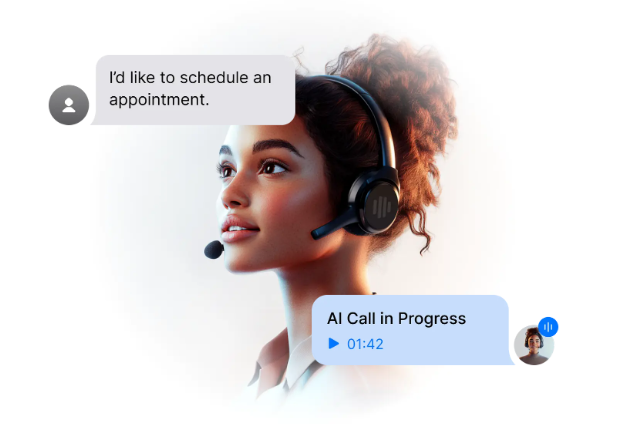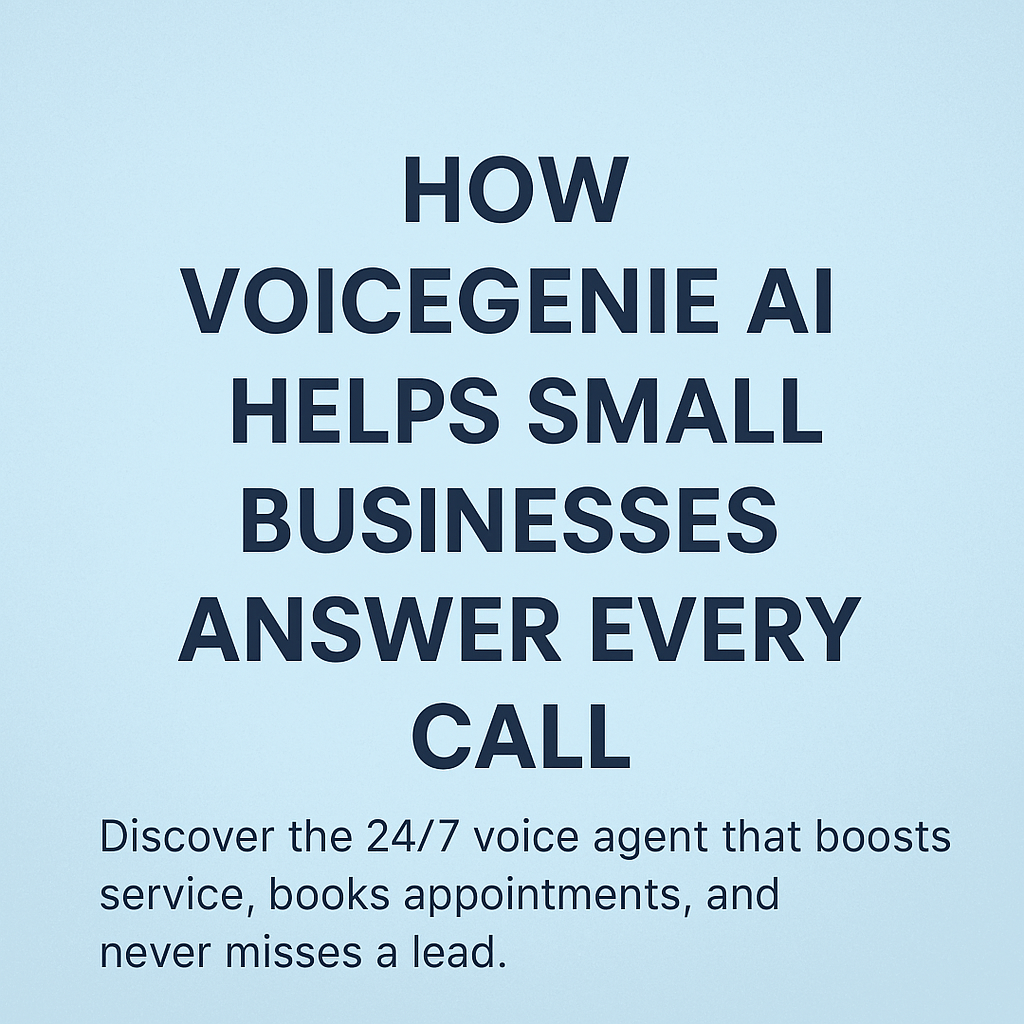Unlocking the Future: How Artificial Intelligence is Shaping the Economy and Federal Budget
Exploring AI's Potential to Revolutionize Economic Growth, Employment, and Government Spending

Artificial intelligence (AI) is no longer just a futuristic concept; it’s a transformative force driving change in businesses, industries, and governments. By automating tasks, identifying complex patterns, and enhancing decision-making, AI is revolutionizing how goods and services are delivered. As its adoption grows, AI has profound implications for economic growth, employment, wages, and the federal budget. This blog explores AI’s potential effects and why its impact is both promising and uncertain.
What Is Artificial Intelligence?
AI refers to computer systems capable of performing tasks requiring human intelligence, such as learning, decision-making, and problem-solving. Modern AI systems, powered by machine learning and neural networks, excel at identifying relationships in data and responding to complex queries. From generative AI that creates human-like content to discriminative models that analyze and categorize information, AI technologies are evolving rapidly.
How AI Could Reshape the Economy
Boosting Productivity and Innovation
AI has the potential to increase efficiency and drive innovation across industries. Businesses that implement AI report enhanced productivity, suggesting that widespread adoption could fuel economic growth. For example:
- Automation and Efficiency: AI enables robots to adapt to new tasks without reprogramming, reducing costs in manufacturing.
- Research and Development: AI accelerates discoveries in fields like materials science and pharmaceuticals.
While only 5% of U.S. businesses currently use AI significantly, the technology’s adoption is concentrated among larger and younger companies in specific industries. As customization costs decrease, broader adoption could lead to significant economic gains.
Impact on Employment and Wages
AI’s impact on the workforce is complex. Studies suggest:
- Low-Skilled Workers: Generative AI can enhance productivity, helping entry-level employees perform tasks at a higher level.
- High-Skilled Workers: Earlier forms of AI have increased wages for skilled workers.
- Job Displacement: Some workers may face unemployment or wage reductions as AI automates certain tasks.
Approximately 80% of the U.S. workforce could see at least 10% of their tasks affected by AI, while 19% may experience over half of their tasks influenced by the technology.
AI’s Impact on the Federal Budget
Revenues: Shaping Tax Income
AI could alter federal revenues through:
- Economic Growth: As businesses become more productive, higher profits and wages could boost tax revenues.
- Labor Market Changes: Job displacement might reduce income tax collections, but higher wages for AI-enhanced roles could offset losses.
Spending: Mandatory Programs and Subsidies
AI’s influence on mandatory spending includes:
- Income Support: Displaced workers may rely more on unemployment benefits and other federal assistance programs.
- Health Care Costs: AI-driven pharmaceutical advancements could increase spending on new drugs but reduce costs for other treatments.
Appropriations: Investing in AI R&D
Federal funding for AI research and development could grow as lawmakers recognize its transformative potential. Legislation like the AI in Government Act supports AI adoption in federal agencies, while initiatives such as the National Artificial Intelligence Initiative Act promote AI’s use across sectors.
The Government’s Use of AI
Enhancing Efficiency and Reducing Fraud
AI has the potential to:
- Improve Tax Compliance: The IRS uses AI to detect tax evasion and enhance enforcement, potentially increasing revenues.
- Reduce Improper Payments: AI can identify fraudulent claims in programs like Medicare and Medicaid, saving billions annually.
Optimizing Federal Operations
Agencies like the Department of Defense and General Services Administration are exploring AI applications to enhance operations and cut costs. AI-powered tools could streamline tasks, reduce labor needs, and improve service delivery.
Challenges to AI Adoption Despite its potential, AI adoption faces hurdles, including:
- High Costs: Training advanced AI models can cost hundreds of millions of dollars, limiting accessibility for smaller businesses.
- Data and Energy Requirements: AI systems rely on vast datasets and significant computing power, posing scalability challenges.
A Double-Edged Sword
Artificial intelligence is poised to reshape the economy and federal budget in profound ways. While its potential to boost productivity, innovation, and efficiency is clear, its broader implications for employment, income distribution, and government spending remain uncertain. As businesses and governments navigate these changes, strategic planning and investment in AI will be essential to unlocking its benefits and mitigating its risks.










